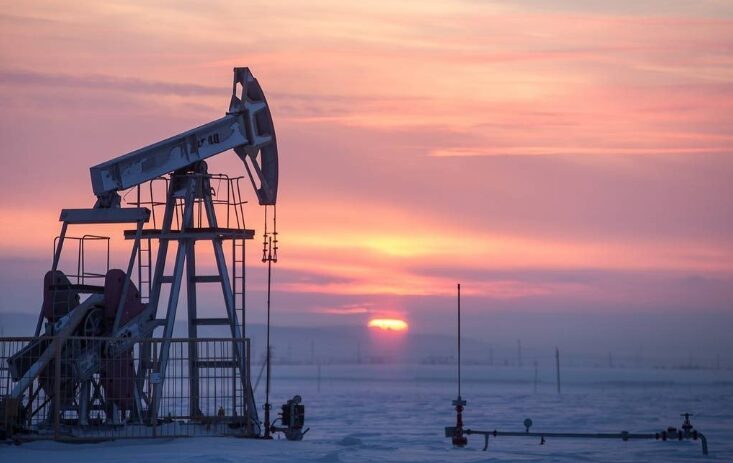RUSSIA BANS OIL EXPORTS UNTIL AUGUST 2025

The Russian government on July 28 decided to ban oil exports by major producers until August 2025, with a possible extension until September 2025. The ban comes amid record-high oil prices on the exchange.

The decision is aimed at maintaining stability in the domestic fuel market during a period of high seasonal demand and agricultural activity, the government said.
Currently, the oil export ban applies to non-producing entities (traders, oil depots, and small refineries) until August 31. Large oil refiners producing more than 1 million tonnes per year are still allowed to export. However, amid rising wholesale oil prices, the government has returned to the idea of temporarily imposing full restrictions.
According to the data of the AI-92 gasoline price index in the European part of Russia of the St. Petersburg Stock Exchange (SPIMEX), the price of AI-92 gasoline on July 23 reached 66,601 rubles ($818.7) per ton, while in 2025 the benchmark price for re-establishing the adjustment is the average monthly price of AI-92 gasoline – 66,495 rubles per ton. The price of AI-95 gasoline on July 24 rose to 76,330 rubles per ton, exceeding the 2024 high and approaching the historical record of 2023, when the fuel market fell into a price crisis. After the trading results on July 28, the price of AI-92 gasoline increased by 0.42% to 65,589 rubles/ton, and the price of AI-95 gasoline decreased by 0.64% to 74,953 rubles/ton.
The price of AI-92 gasoline has increased by 14.8% and AI-95 gasoline by 23% since the beginning of summer. And since the beginning of the year, the growth rates are 27.2% and 40.8%, respectively. At gas stations, prices have been rising rapidly since the end of June. It is quite remarkable that last week, Russia recorded its first deflation this year – 0.05%, but at the same time, gasoline prices increased by 0.3% during the week from July 15 to 21, while the growth rate for the previous week was 0.4%. That is why the export ban was introduced.
Experts attribute the price increase to logistical constraints, reduced refinery output due to scheduled repairs, and the adjustment of excise duties on gasoline and diesel from January 1, 2025.
According to energy expert Kirill Rodionov, the increase in prices on the exchange is due to a decrease in payments to oil companies this year, which is due to the fall in global oil and petroleum product prices. In the first quarter of last year, oil companies received 821 billion rubles in oil prices, and this year it is 544 billion rubles. Companies have no choice but to raise prices to cover the losses. According to the Russian statistics agency Rosstat, the operating situation of oil refineries has worsened by half compared to last year. However, the budget is currently in deficit, there is no additional money to support oil producers. This means that the rate of price increase can be slowed by banning exports, thereby increasing supply in the domestic market and making this the only alternative.
The complete ban on petroleum exports will come into effect one day after the official announcement, that is, from July 30, 2025. And this ban will be in effect until August 31, 2025.
Source: https://baotintuc.vn/the-gioi/nga-cam-xuat-khau-xang-dau-hoan-toan-den-het-thang-82025-20250729084815075.htm
VIETNAM ENVIRONMENTAL INCIDENT RESPONSE CENTER
Address: P203 – A5, Thang Long International Village, Tran Dang Ninh street, Nghia Do ward, Hanoi.
Hotline: 1800 6558 – Email: sos@sosmoitruong.com



